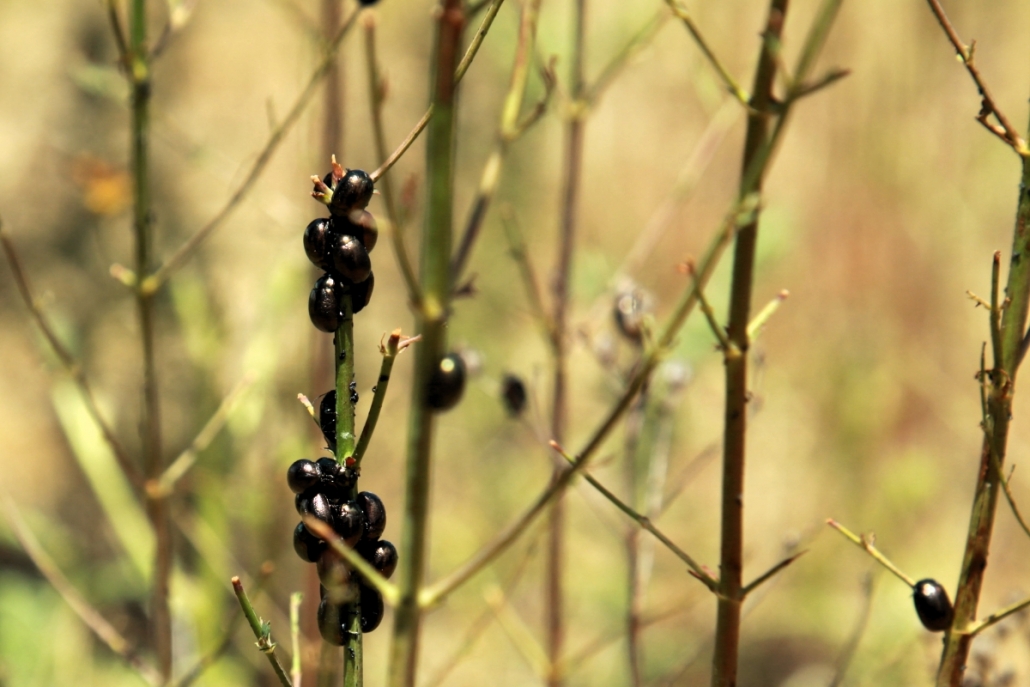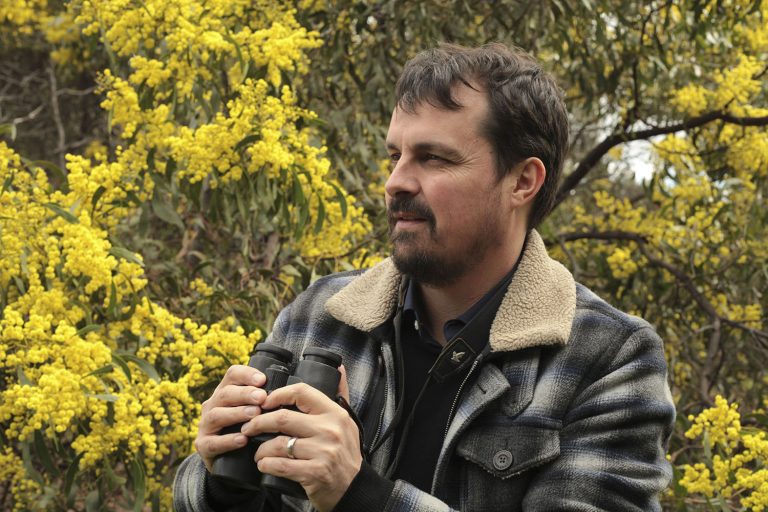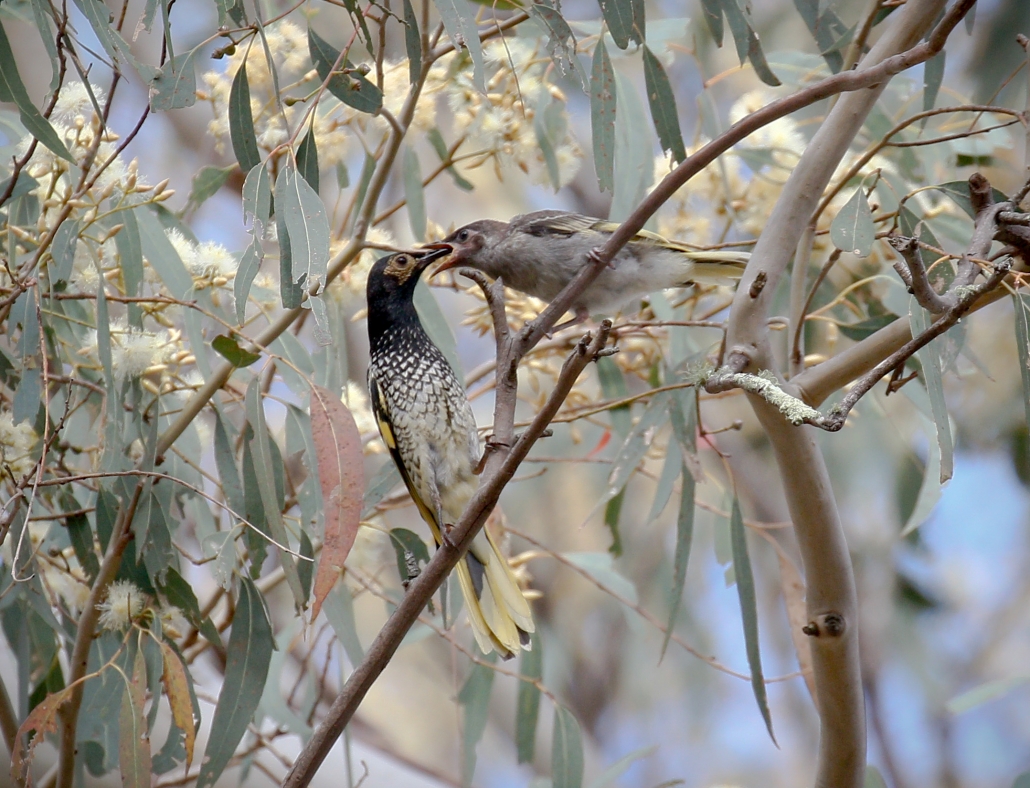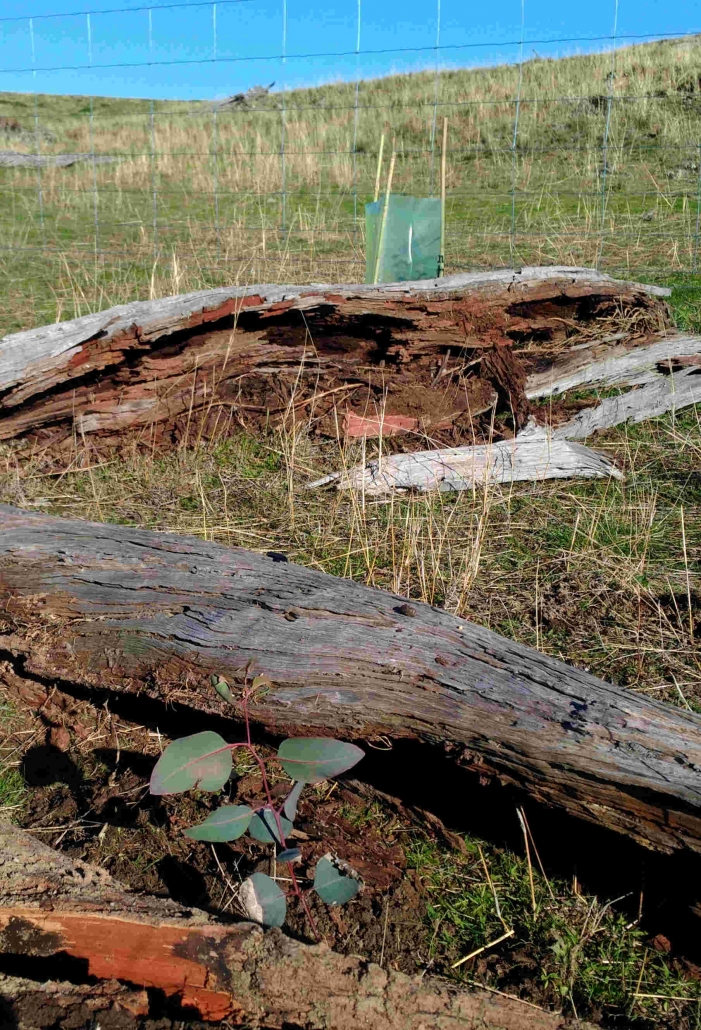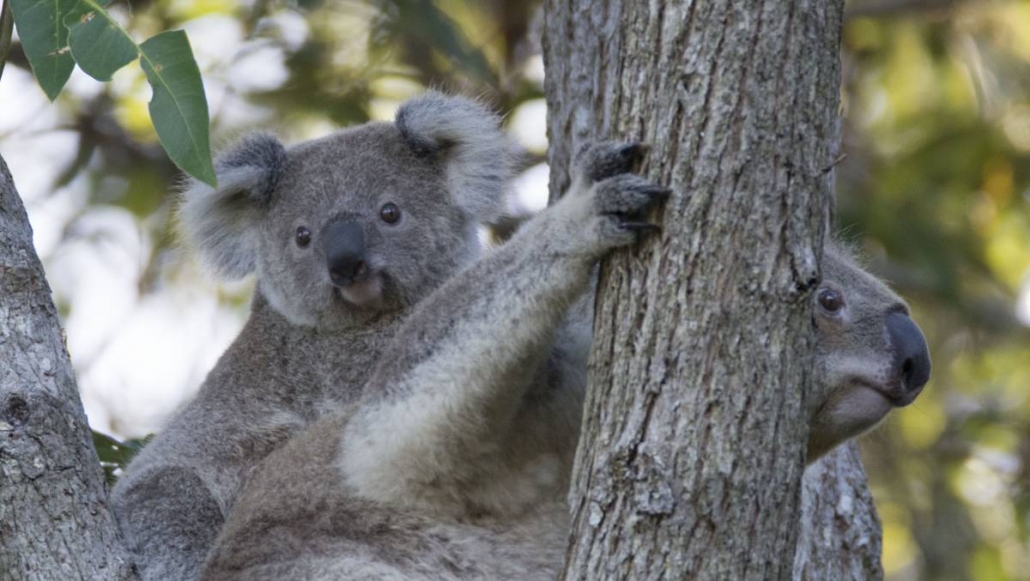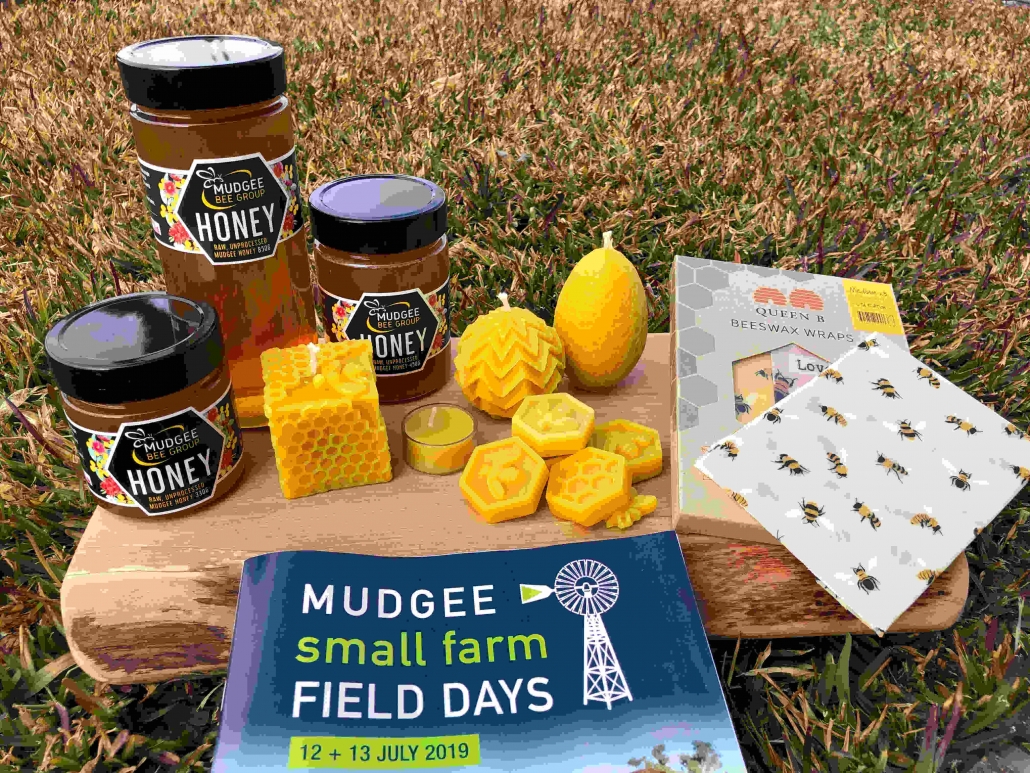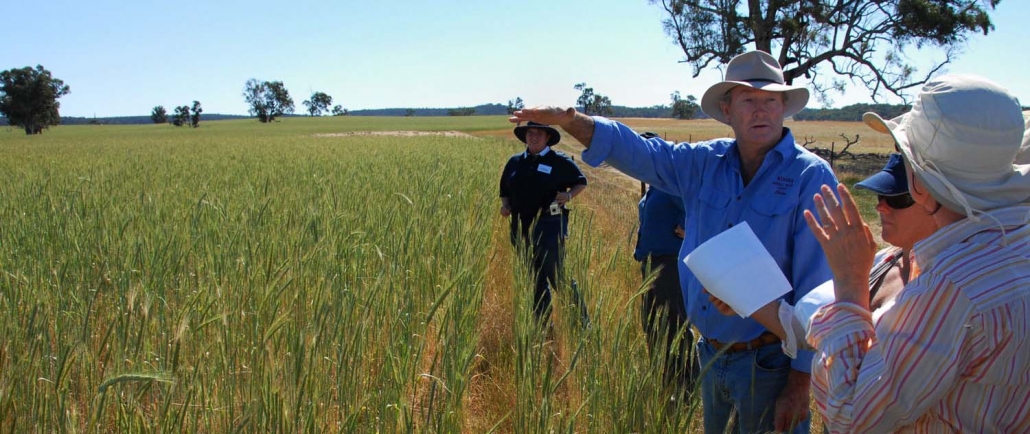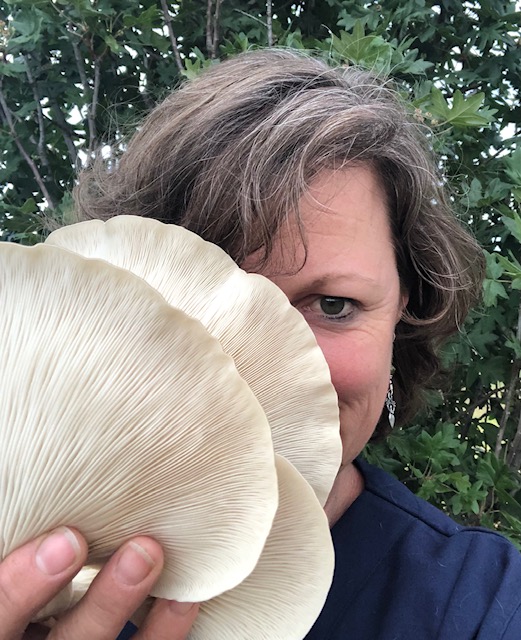Birds, Bats and Biodiversity
September is Biodiversity month, so what better time to celebrate Australia’s incredible biological diversity? A couple of events held in Mudgee this week did just that.
On Wednesday evening Watershed Landcare hosted ‘Birds in the Bar’ with Sean Dooley at Roth’s Wine Bar. Sean Dooley is an author and comedian who has had a life long love affair with birds. He is the author of The Big Twitch, current editor of Australian Birdlife magazine, and former holder of the Australian Big Year twitching record.
A self proclaimed ‘bird nerd’, Sean entertained the audience with tales of childhood birdwatching adventures, his twitching ‘Big Year’ championship where he travelled the length and breadth of Australia to count the most bird species in one year, and threw some bird facts in as well.
Sean’s passionate, often very funny, sometimes sobering, personal account also highlighted the plight of our feathered friends and the importance of safeguarding their habitat, food sources and breeding grounds.
Sean Dooley was also the keynote speaker at Green Day, held at Mudgee Showground on Thursday 5 September. Over 700 students and teachers from primary schools across our region attended the day of environmental education to learn about this year’s theme of ‘Birds, Bats and Biodiversity’.
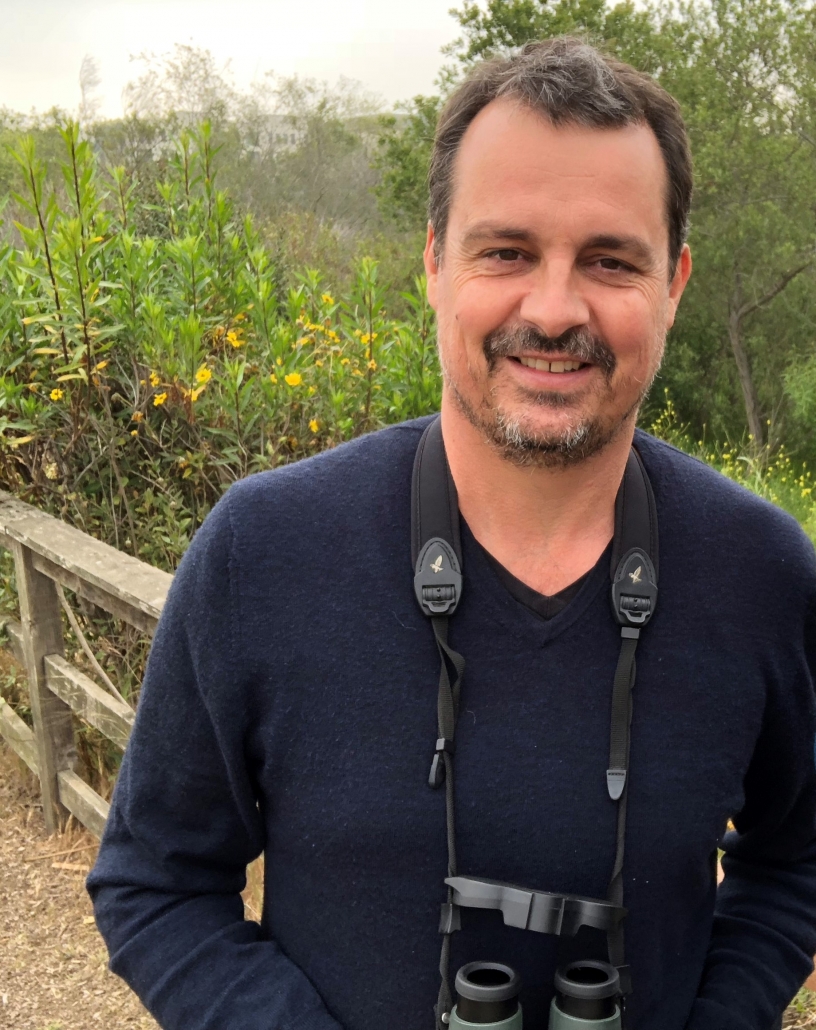
The students gained an appreciation of the importance of protecting, conserving and improving biodiversity, both local and global, through fun, hands-on activities from 21 volunteer presenters and our keynote speaker, Sean Dooley. Presenters included Central Tablelands Local Land Services, Botanical Gardens and Centennial Parklands, Mid Western Regional Council, Birds in Backyards, National Parks and Wildlife Service, NSW Department of Planning, Industry and Environment, Central West Councils Environment and Waterways Alliance, Red Hill Environmental Education Centre and many others.
Now in it’s 11th year, Green Day features activities and workshops to encourage our future farmers and managers of our environment to think about issues associated with soil, water, biodiversity, sustainability and climate, and how they can make changes to the way they live. Green Day is also an opportunity for students to learn about various organisations and businesses and their roles in environmental management.
Watershed Landcare would like to extend a huge thank you to all our presenters and volunteers for their assistance in making this such a successful event and to our sponsors, Yancoal (Moolarben), Peabody Energy (Wilpinjong), Midwestern Regional Council and Central Tablelands Local Land Services, without whose generous support this event would not be possible.

